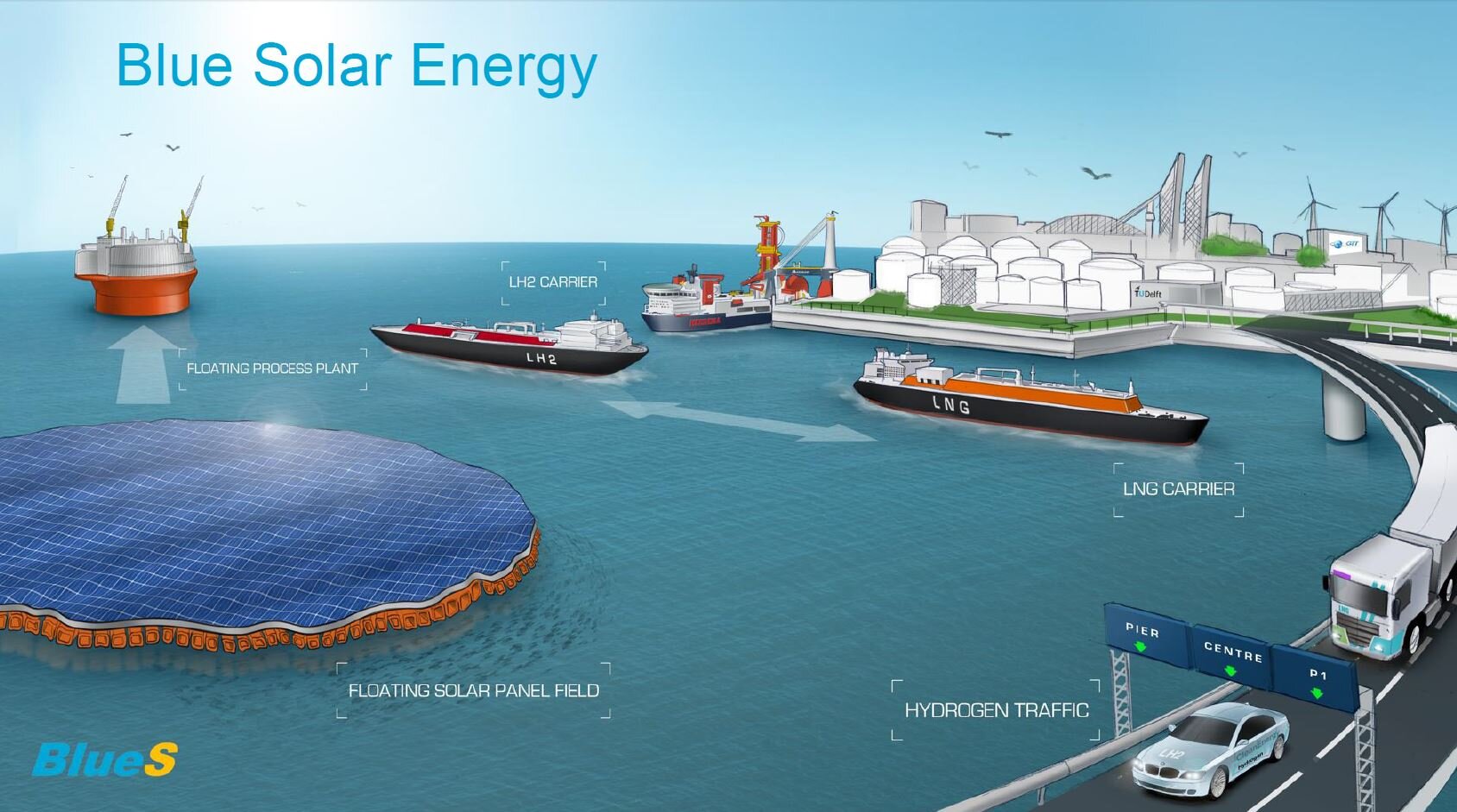Case studies
Illustrative examples on decarbonization measures, costs and regulations
BP and Ørsted launch green hydrogen project at German oil refinery
BP and Ørsted have partnered to develop a zero-carbon hydrogen at BP’s Lingen Refinery in north-west Germany, BP's first full-scale project in a sector that is expected to grow rapidly. The 50 MW electrolyser project is expected to produce 1 ton of hydrogen per hour - almost 9,000 tonnes a year - starting in 2024. The project could be expanded to up to 500 MW at a later stage to replace all of Lingen’s fossil fuel-based hydrogen.
What Is Green Hydrogen And Will It Power The Future?
Hydrogen is a clean-burning molecule, meaning that it can help to decarbonize a range of sectors that have proved hard to clean up in the past. But today, most hydrogen is produced from CO2-emitting fossil fuels. Hydrogen produced from renewable electricity, known as green hydrogen, could be the solution to cutting our carbon footprint. But first, it must overcome a number of challenges.
Poseidon Pilot - Offshore Hydrogen
Claimed to be the first offshore green hydrogen project, this pilot-project will have an electrolyzer producing green hydrogen from seawater on board the Q13a platform in the Netherlands.
The Case for Floating Solar
People think we need energy. Truth is, we do not. We need heating, lighting and transportation. At the right place, on the right time. Generating energy is not the issue, the trick is how to transform it into useful energy and store it. So how can we combine the cheapest form of energy generation with energy storage? What is the best place to generate gigantic, ridiculous amounts of energy? As in tenths of gigawatts, the size of small countries? In the desert with solar energy? Think again.




